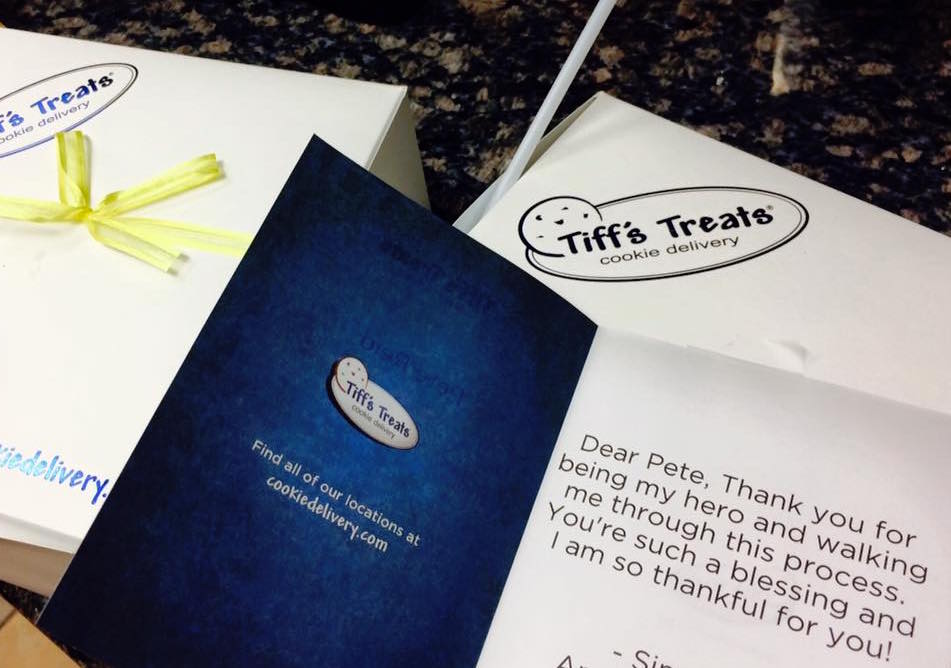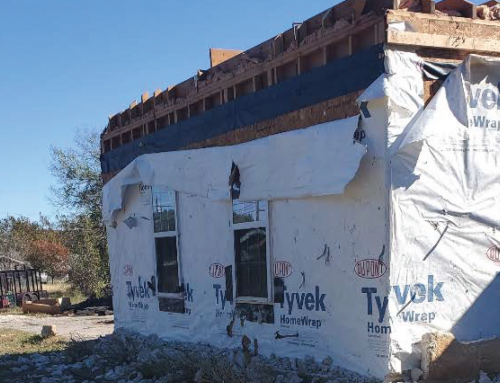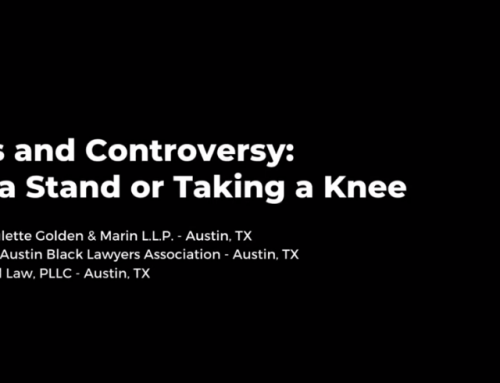An upscale Austin hair salon and spa brought a lawsuit against a former employee and sought an injunction to stop the mother of two from working for one year within a 10-mile radius of the salon.
The Stylist had worked at the Salon for only 8 months and was required to sign an Employment Agreement before starting work that contained a ‘non-compete’ clause.
Specifically, the Employment Agreement stated that “For a period of one (1) year after termination of your employment with [Salon] for any reason, you may not be employed by, contracted to, associated with, engaged in or have any business or financial interest in any salon, spa or business whose activities compete directly with those of [Salon] and which is situated within a 10 mile radius of [Salon’s] premises.
Non-Compete agreements are allowed in Texas, but only under limited circumstances. The Supreme Court of Texas has stated that
“Restrictions on employee mobility that exist only to squelch competition are per se illegal in Texas, and for good reason.”
Marsh USA Inc. v. Cook, 354 S.W.3d 764, 780-81 (Tex. 2011)
When the Stylist gave her 2 week notice in August 2015, the Salon owner told her that she was free to contact the clients she generated through her own efforts.
The Stylist contacted Pete Reid Law to seek legal advice on whether the Non-Compete agreement was enforceable. The Stylist was advised that there were limited circumstances whereby it could be enforced. Texas courts have stated that a hair salon’s client lists can be considered confidential or proprietary information.
As such, the Stylist was advised that so long as she did not use any of the confidential or proprietary information of the Salon, (the client lists), it could not restrain her from working. Specifically the Stylist was advised not to directly contact or solicit any of her clients from the Salon.
The Stylist followed the advice of Pete Reid Law and rented a space less than 10 miles from the Salon. However, she did not contact or solicit any of her former clients.
Regardless, less than 3 weeks later, the Salon retained a law firm to send a cease and desist letter to the Stylist demanding that she immediately stop working within a 10 mile radius of the salon.
The Stylist retained Pete Reid Law to respond on her behalf. Pete Reid spoke with the Salon’s attorney and advised him that the Non-Compete agreement was unenforceable as written, and that Pete Reid Law had already successfully represented several other stylists in Austin in similar cases. The Salon’s attorney was advised that the Stylist had not been using the Salon’s client lists or any of the Salon’s confidential information.
However, the Salon proceeded to file a lawsuit against the Stylist in Burnet County seeking a Temporary Injunction, Permanent Injunction, Damages, Attorneys fees, and all costs of suit against the Stylist.
Simultaneously the Salon sought an emergency ex parte Temporary Restraining Order against the Stylist to stop her from working immediately. The request for a Temporary Restraining Order was denied.
The Salon then moved for a Temporary Injunction and a hearing was scheduled before Judge Allan Garrett of the 33rd Judicial District in Burnet County.
On January 5, 2016, the Salon presented its case to the Court and argued that the Stylist had “actively solicited” customers away from the Salon. The Salon contended that an award of monetary damages alone would not be an adequate remedy. The Salon insisted that the Stylist be prohibited from offering hair styling and make up services within a ten-mile radius.
In response, Mr. Reid advised the Court of the history of ‘Non Compete’ agreements in Texas, the recent Supreme Court rulings, and the specific requirements set forth in the Covenants Not to Compete Act. Mr. Reid argued that the restrictions imposed by the Salon’s Employment Agreement were both unreasonable and unlawful.
Under intense cross-examination from Mr. Reid, the Salon owner finally admitted that he had no evidence that the Stylist was using any confidential or proprietary information, or that the Stylist had solicited clients of the Salon. Mr. Reid suggested to the owner of the Salon that the real reason he had brought the lawsuit was to send a message to the other employees at the Salon that they would be sued if they tried to leave.
The Salon called no other witnesses to support its allegations. When the Salon’s attorney rested its case, Mr. Reid moved for a directed verdict, arguing that the Salon had failed to meet its burden for an injunction.
Judge Garrett agreed with Mr. Reid and denied the Salon’s request, thereby allowing the Stylist to continue to work within a 10 mile radius of the Salon.
Shortly thereafter, the case was dismissed and the threat of the injunction was removed. Although it was a difficult and stressful process for the Stylist, she never missed a day of work.






